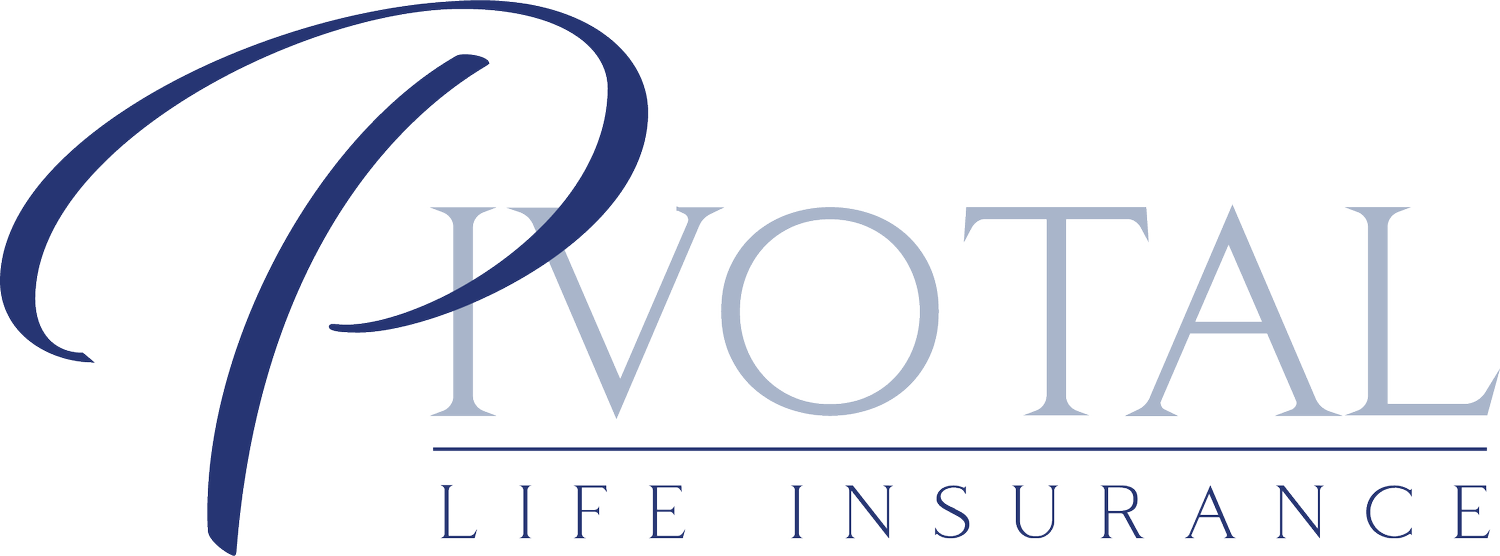What is a Beneficiary and How Should You Choose One?
Know your options to ensure that you’re selecting the right beneficiary.
What do beneficiaries mean?
A beneficiary is a person or entity designated by the policy owner to whom the proceeds of the policy are paid upon the insured’s death.
Can I name anybody to be my beneficiary?
Yes, a beneficiary can be anybody and is applicable to all types life insurance policies. Although it’s most commonly a relative or a trust, it can also be a friend or non-relative, a charitable organization, or a class of persons– like “all of my children”. The policy owner determines who will be receiving the policy benefits and can change it at any time, with one exception. Read on to learn the basic rules about beneficiaries.
Can beneficiaries be changed?
It is a fact that nobody lives forever, but it’s not the insured’s decision who receives the benefit once they pass. The policy owner (who may or may not be the insured) determines the beneficiary, and issues the right to change it by designating a status of either ”revocable” or “irrevocable”. An irrevocable beneficiary cannot be changed without the beneficiary’s written permission. Irrevocable beneficiaries are generally named when the life insurance asset is provided to protect business partnerships and families of shareholders in corporations.
On the other hand, a revocable beneficiary can be changed by the policy owner whenever they wish to do so. If the designation of irrevocable is assigned to the beneficiaries, they may be named as “absolute” or “reversionary”. If named absolute, the irrevocable beneficiary is guaranteed to receive the death benefit and even keeps an interest in the life insurance contract if they die before the policy owner and/or the insured. In that instance, once the insured dies, the benefit is paid based on the instructions of the deceased beneficiary. The beneficiary’s right to the benefit is just as stated, absolutely irrevocable.
Alternatively, if the irrevocable beneficiary is named a reversionary status, the policyowner’s rights are returned to the policyowner should the beneficiary die before the insured.
Who receives the proceeds in the event of death to my beneficiary?
There are 2 main types– Primary vs Contingent:
Primary Beneficiary is the person or entity named by the owner to receive the proceeds of a life insurance policy upon the insured’s death. There can be multiple beneficiaries named and each is designated a percentage of the proceeds.
Contingent Beneficiary is the person named in the policy to receive the proceeds in the event the primary beneficiary dies before the insured, and no new primary beneficiary was named.
If no beneficiary is named, or if all primary and contingent beneficiaries are deceased at the time of the insured’s death, the proceeds are paid to the policyowner or to the policyowner’s estate, if the policyowner is deceased.
What if the policyowner wants the named beneficiaries to include their heirs?
In that case, there are two approaches used, per stirpes and per-capita.
Per stirpes approach: means “by way of branches.” A deceased beneficiary’s shares would pass down to the children in proportionate shares.
Per capita approach: means “by person” or “by head.” Under per capita, only living beneficiaries would receive the death proceeds. If primary beneficiaries deceased, the share designated to them would be divided equally and paid to the living beneficiaries.
Can my beneficiaries be my young children?
The legalities of a minor being a beneficiary vary per state. In some states, minors may only receive a tiered benefit until they reach the age of maturity, an age stated in the contract or enforced by law. In many states including Florida, the minimum age of a minor beneficiary is set to the age of 15. If a minor is a beneficiary, the insurance company has four main options for providing the benefit.
The company may hold onto the money until the minor reaches a specified age. In this case, the money collects interest that is included in the proceeds.
The company may give it to a court-appointed custodian.
The company may put the proceeds in a trust determined by a trustee to be accessed by the minor in the future.
If you have any questions regarding who to name as your beneficiary or how to go about selecting the right person, don’t hesitate to email or call us 561-412-5500. One of our agents would be happy to explain and walk you through the process to ensure you’re making the right decision.
——-
About Pivotal Life Insurance
Pivotal Life Insurance is a family owned, independent insurance agency that focuses on income protection and family security through Life Insurance products (Term Life, Whole Life, Final Expense), Mortgage Protection and Annuities. With a range of product offerings, we accommodate the varying needs of our clients through resources provided by the nation’s top rated carriers. Although we are headquartered in South Florida with a branch in Maryland, we service most of the United States as our agents are licensed throughout the country. Pivotal Life Insurance is one of the fastest-growing agencies and we pride ourselves in putting you, our customers, first.
Insurance Is Pivotal. Cherish what’s important.
For more information or if you’d like to join the Pivotal family, visit www.insuranceispivotal.com or call at 561-412-5500.

